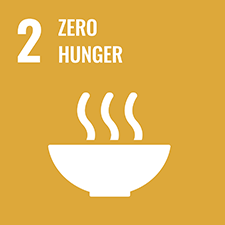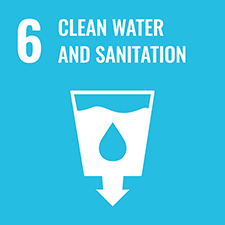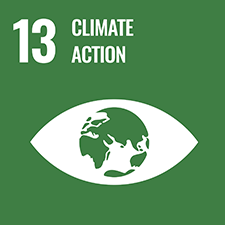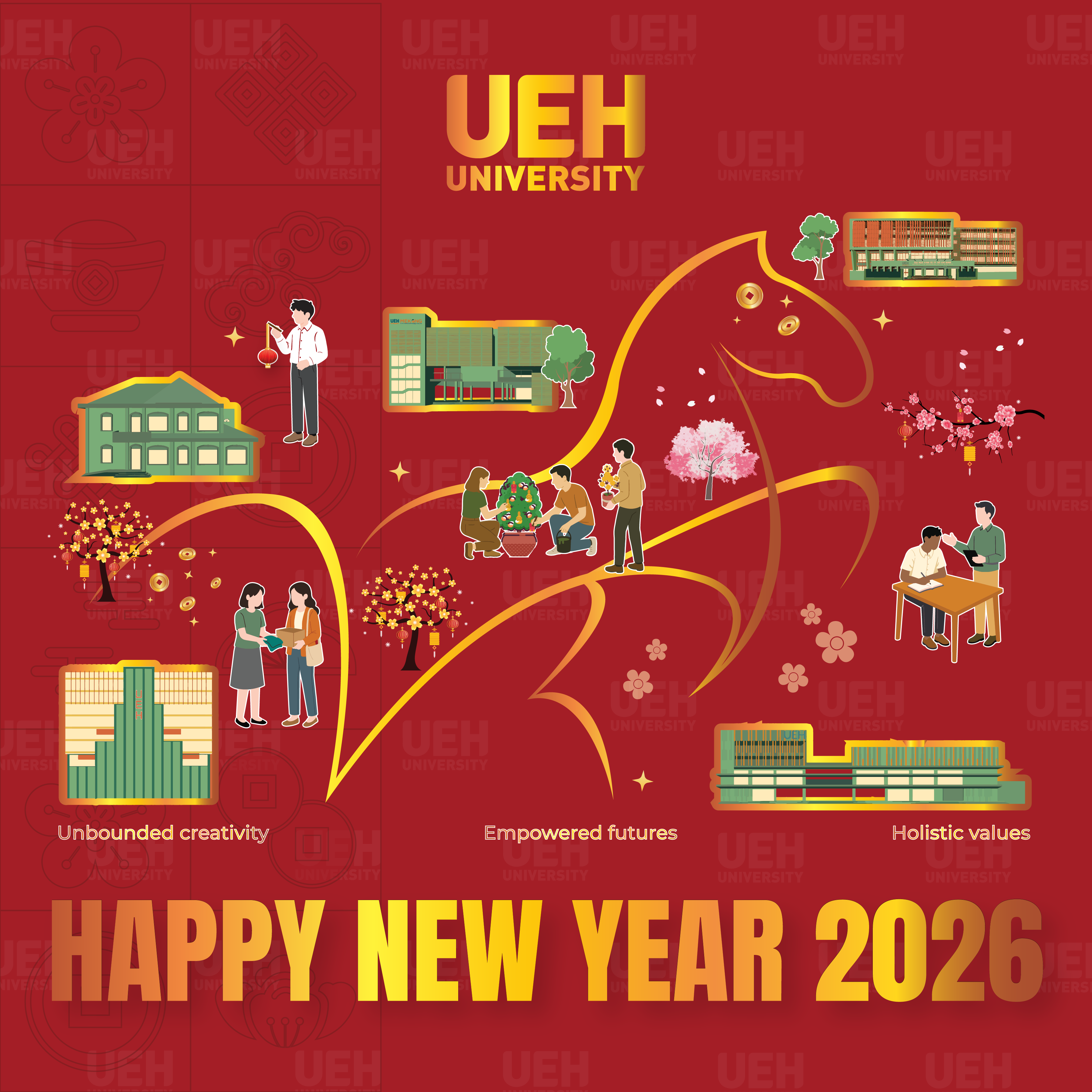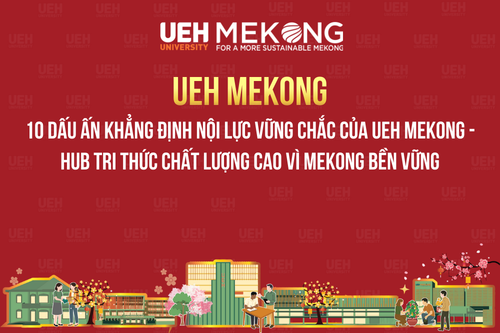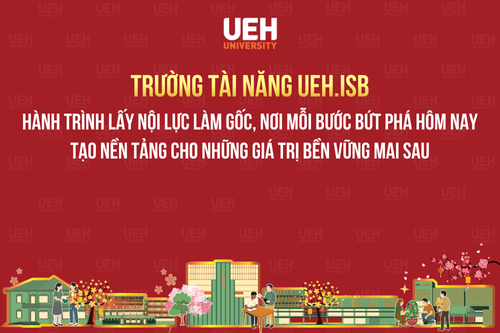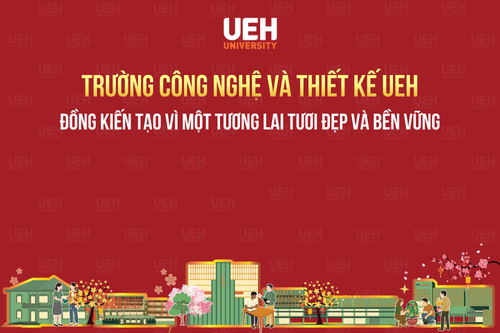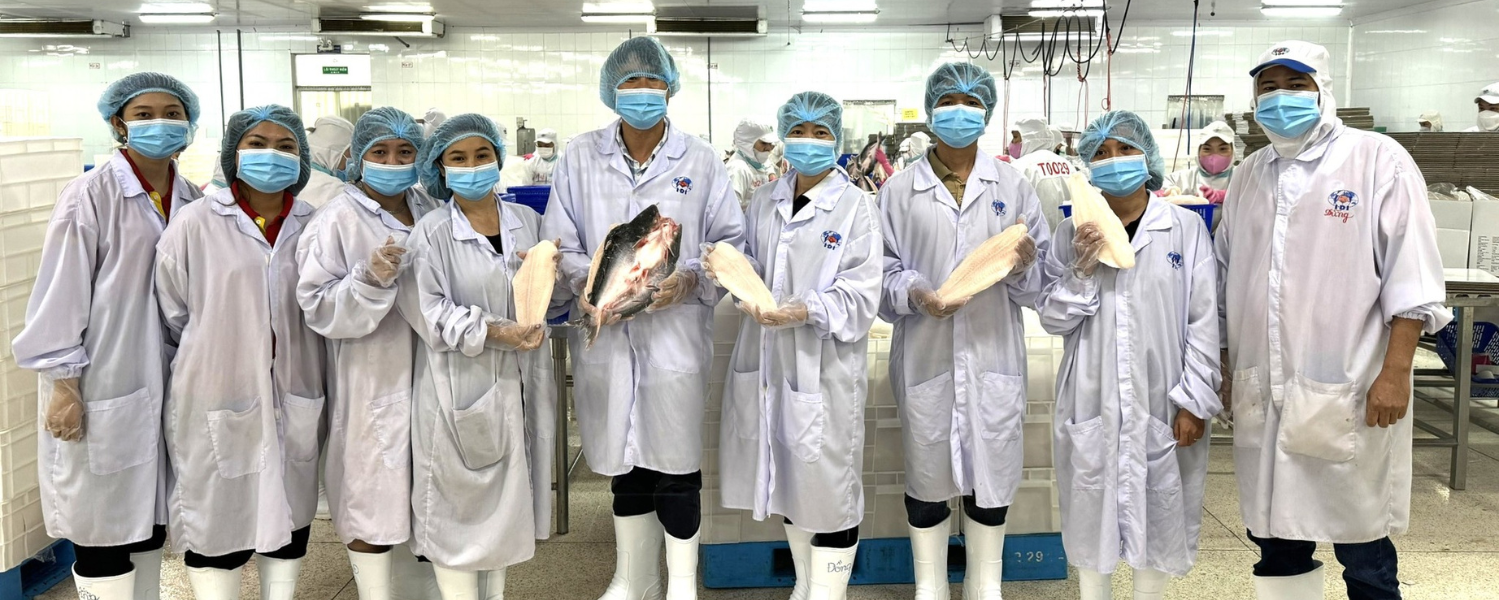
Food security and sustainable agriculture: From policy to practice in the context of climate change
14 Jan, 2025
In 2024, the Health and Agricultural Policy Research Institute (HAPRI) has affirmed their pioneering role in providing knowledge and practical solutions to food security and sustainable agricultural development. The research article series focuses on existing challenges like climate change, resource management and farmers' livelihoods and proposes responsive pathways linked to local contexts, significantly contributing to the Sustainable Development Goals (SDGs).
Conflicts between policy and livelihoods in the Mekong Delta
Mekong Delta (MD) - the key rice and aquaculture region of Vietnam - is facing a series of challenges related to water security and ecological management. The study “Development Directions for Ensuring Water Security in the Mekong Delta, Vietnam: Perspectives on Adaptive Management”, conducted by the HAPRI research team including Dr. Tran Anh Thong, Dr. Tran Duc Dung and Vo Van Oc, pointed out that current policies prioritizing freshwater for rice production have led to land degradation, dry season water scarcity and conflicts with brackish water demand for aquaculture. To address this issue, the study recommends applying adaptive water management strategies, combining the use of freshwater and brackish water. Sustainable agricultural models and the protection of farmers’ livelihoods need to be supported by inter-provincial cooperation, water quality management, and climate-adaptive crop conversion. These solutions will help maintain stable production and meet sustainable development goals in food security, clean water, and ecosystem conservation.
More specifically, Dr. Tran Anh Thong’s study “When Water Policy Misleads Livelihood Expectations: Farmers’ Initiative in Everyday Politics in the Mekong Delta, Vietnam” sheds light on the contradiction between irrigation infrastructure development goals and farmers’ livelihood needs. Policies that prioritize freshwater for rice production have damaged livelihoods based on brackish or saline ecosystems, leading to significant losses in aquaculture and reducing community resilience to climate change. Farmers who depend on brackish or saline ecosystems for aquaculture are facing serious livelihood losses, while their voices are not heard in the policy-making process. Proposals for multi-stakeholder governance, with the participation of communities and stakeholders, have been recognized as an essential solution to achieve a balance between infrastructure development and sustainable livelihood protection.

Ba Lai main sluice (a) and shrimp farming hidden in the freshwater of Thanh Tri commune (b). Source: Tran Anh Thong
Concurrently, in the article “Saltwater intrusion in the Mekong Delta: What is the fundamental solution?”, Dr. Tran Duc Dung emphasized that the increasingly serious saltwater intrusion in the Mekong Delta because of the climate change, El Niño, and upstream hydropower dams that cannot be solved by traditional irrigation measures alone. Sustainable strategies like developing mangrove forests, building freshwater reservoirs, and switching to salt-tolerant crops are considered long-term solutions to balance production and resource protection. These proposals also call for close coordination between localities and active community participation to optimize water resource management and sustain livelihoods.
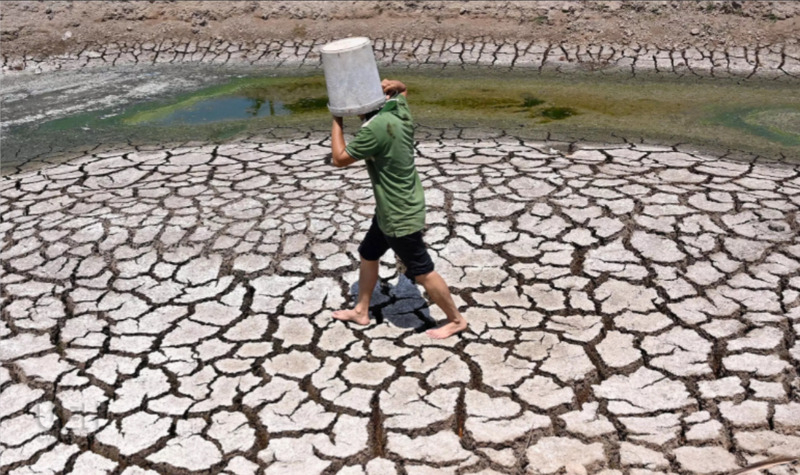
A man carrying a plastic bucket walks past a dried-up pond in Ben Tre Province in March 2024. Photo: NHAC NGUYEN/AFP via Getty Images.
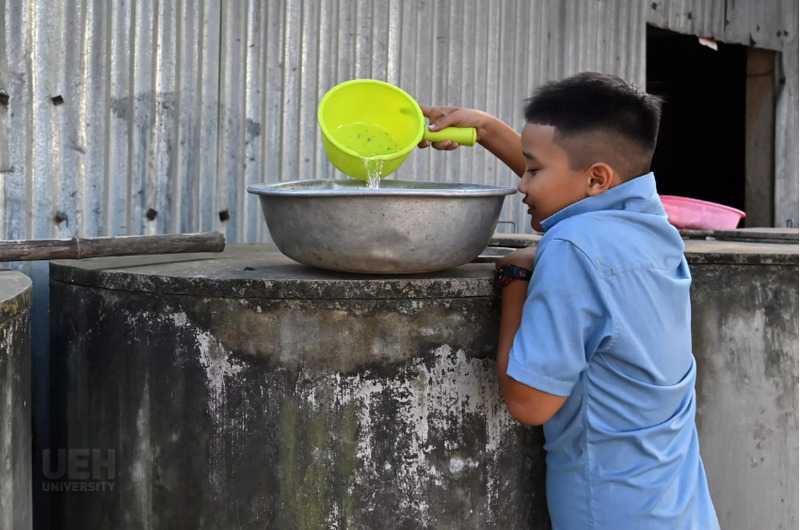
During the saltwater intrusion season, people in many areas of the Mekong Delta even have to buy fresh water for daily use. Photo: NHAC NGUYEN/AFP via Getty Images.
Climate change: A cross-national challenge and a global chain of impacts
Climate change not only causes local problems in the Mekong Delta but also changes the global hydrological cycle, as shown in the study “Severe hydrological impacts of climate change: Addressing the global urgent need” by Dr. Tran Anh Thong. The phenomenon of melting glaciers in the Himalayas and the decline in freshwater resources have seriously affected agricultural production and food security, especially in delta areas that depend on large river systems. Solutions for water reuse, improving irrigation efficiency, and adopting nature-based solutions such as soil and forest conservation are considered key to mitigating the impacts of climate change.
Transforming the extension system: Empowering farmers
To address these complex challenges, the current extension system needs to change dramatically. Dr. Tran Anh Thong's study on “How Extension Responds to Major Changes in Agriculture in Mainland Southeast Asia: Perspectives from Experts” highlights the ongoing agricultural transformation in the lower Mekong countries of Laos, Cambodia, and Vietnam, where internal and external factors are reshaping agricultural systems and rural livelihoods. This suggests the need for a multifaceted approach where farmers, NGOs, and the private sector engage in learning platforms to develop sustainable solutions.
In addition, in his study on “Historical Agricultural Change and Its Relation to Modern Extension in Northwestern Cambodia”, Dr. Tran Anh Thong examines how power and land history influence extension programs in the region. The current programs, which focus on productivity and commercialization, fail to meet the needs of smallholder farmers by ignoring local contexts and perpetuating unequal power relations. This study highlights the need to develop context-based extension programs that reduce inequality and empower farmers to enhance climate resilience and ensure sustainable food security.
In particular, the study on “Challenges and Opportunities for Smallholder Farmers: Ensuring Food Security and Sustainable Agricultural Development” highlights the pressures facing farmers in northwestern Cambodia, from rising production costs to market risks. Strategies listed as crop diversification, improved irrigation systems and the adoption of sustainable farming techniques have helped reduce risks ; actually, they need to be supported by long-term policies on infrastructure investment and reduced dependence on agrochemicals, soil and water conservation, and improved farmers’ adaptive capacity to protect livelihoods and develop sustainable agriculture in facing of increasing challenges.
FDI and resource protection
Meanwhile, the study on “Foreign Direct Investment (FDI) and forest land: A field investigation” by Dr. Nguyen Phuc Canh has provided important evidence on the role of Foreign Direct Investment (FDI) in agricultural development. FDI in agricultural and mining, although bringing short-term economic benefits, has led to land degradation and deforestation. In contrast, FDI from services (finance and communications) has improved forest areas through the application of clean technology, thereby reducing pressure on land resources. This highlights that only policies that strictly control and encourage sustainable FDI can ensure a balance between economic development and environmental conservation.
Updates from the project “Food Loss in the Mekong Catfish (Pangasius) Value Chain”, Building Research Capacity to Reduce Food Loss in the Mekong River Basin
One of the main objectives of the project is to enhance the research capacity on food loss for researchers from the three participating countries of Vietnam, Laos and Cambodia. The 2024 update highlights the major challenges (losses in the Mekong catfish supply chain) at each stage of the value chain, including breeding, harvesting, transportation and processing.
In addition to focusing on field research, the project focuses on capacity building for researchers in the region. Through training programs and the application of foresighting tools, the project has helped improve supply chain analysis capabilities and develop sustainable and long-term solutions that are appropriate to the local context. The impact of the project goes beyond reducing food loss to creating greater value: improving livelihoods for people in the catfish industry, protecting natural resources and enhancing food security in the context of climate change.
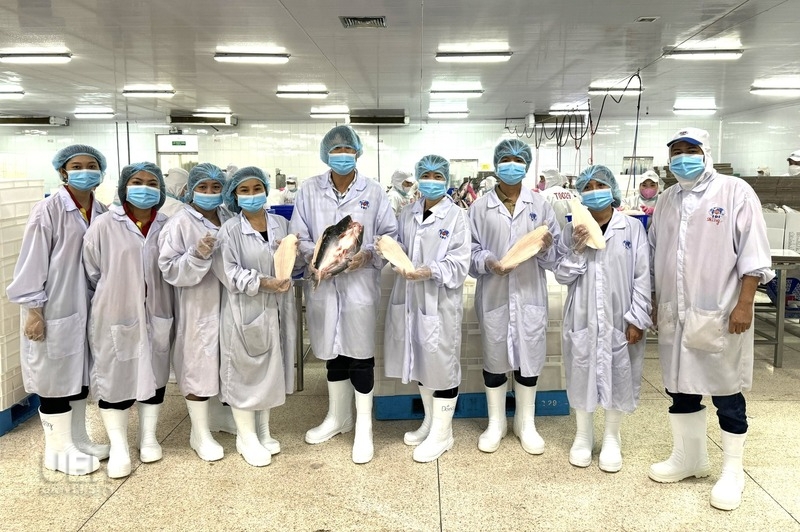
Synthesis and future directions
The above studies not only clarify the challenges in resource management and farmers’ livelihoods but also propose practical solutions that are cross-sectoral and cross-national. From water management initiatives in the Mekong Delta to reforming the agricultural extension system and FDI control, the recommendations are all aimed at the common goals of ensuring sustainable livelihoods, protecting resources and achieving food security.
The success of these solutions requires a radical change in policy approaches and increased multi-sectoral cooperation, not only at the national level but also at the regional and global levels. Vietnam can use the lessons from the Mekong Delta to deal with current challenges and shape a more sustainable future and more harmonious between economic development and environmental protection.
New, photos: Health and Agricultural Policy Research Institute

